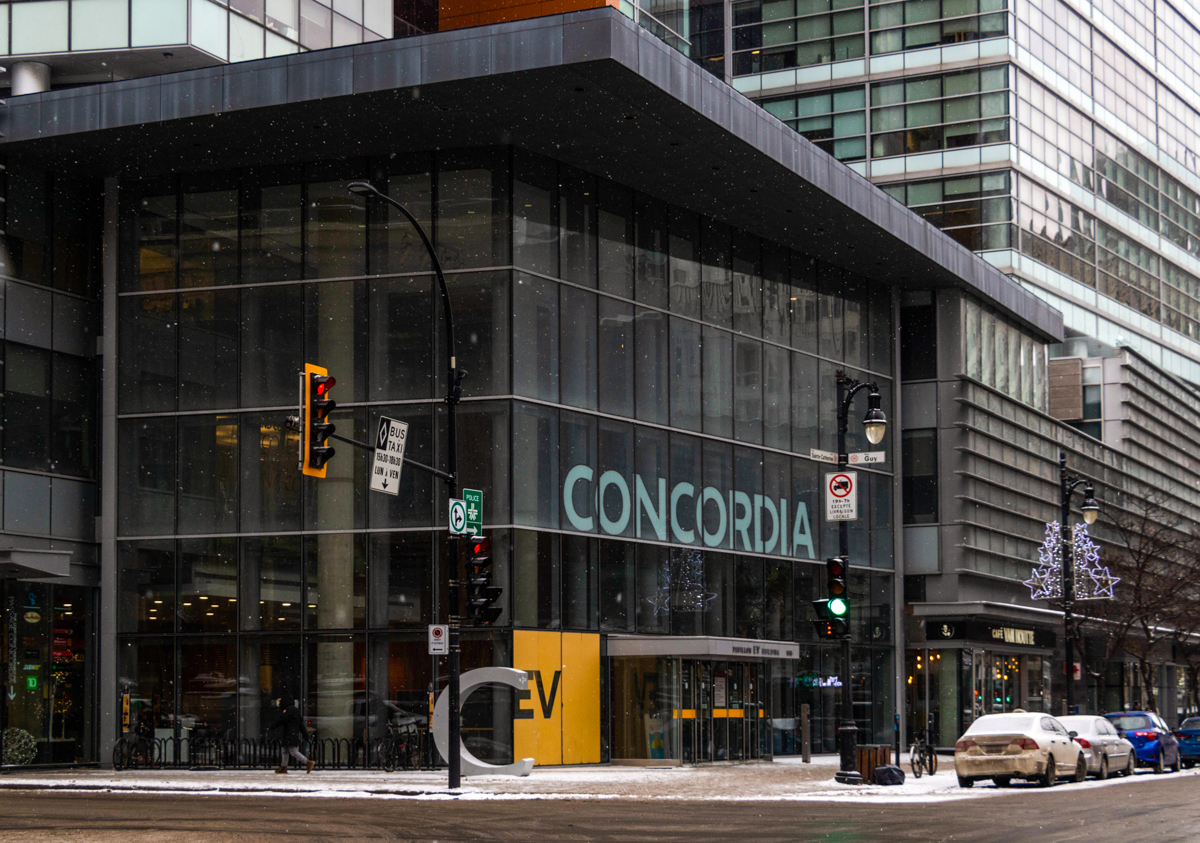Strike planned on the anniversary of the Maple Spring student strikes which prevented tuition hikes in Quebec in 2012
At a special assembly on Wednesday, March 16, Concordia University’s School of Community and Public Affairs Students’ Association (SCPASA) voted to strike. The demonstration will take place on March 22 – the ten year anniversary of the Maple Spring student strikes, one of the largest student walkouts in history, which saw thousands of students protest tuition hikes.
Today the SCPASA is striking for many of the same causes which students walked out for in 2012. Their primary concern is ongoing tuition hikes, although specific numbers regarding hikes were not shared in the motion.
“We continue the concerns about the ongoing privatization of education and the increasing tuition,” said Ellie Hamilton, a co-chair of the SCPASA Strike Readiness Committee and third year student at the School of Community and Public Affairs. The SCPASA is also striking for reasons that students in 2012 could never have seen coming – a lack of what they believe to be adequate health and safety measures provided by Concordia to combat the ongoing COVID-19 pandemic. The Concordia Student Union (CSU) published an open letter in February requesting the university implement a number of additional health and safety measures to accompany the return to campus, however Concordia has yet to comply with many of these requests such as providing K95 and KN95 masks to students.
“COVID exposed weaknesses. It didn’t create them, and they don’t go away just because we’re pretending the pandemic is over. So primarily tuition, secondarily health and safety and accessibility on campus.”
According to the SCPASA, 30 per cent of students at Concordia’s School of Community and Public Affairs voted in favor of the student association at the special general assembly where the strike was voted on. The School of Community and Public Affairs is an interdisciplinary program which integrates public policy, advocacy, and community development.
“For our first vote we had 76 per cent in favor, which is a very strong start. And again, we’re emphasizing over and over this is the first step, not the last.” said Hamilton.
The SCPASA will be planning other strikes in the near future with one set to take place on March 25, in order to line up with a future climate strike.
On March 22, the SCPASA will send representatives to the Large Protest for Free Education, an event organized by many Quebec student associations including the CSU, which will take place at Place Du Canada. Those involved will also be walking out of classes and engaging in friendly picketing on campus.
“In the short term, we want students to get experience with these types of mobilizations and we also want them to see that this is part of a bigger moment,” said Hamilton who explained that one of the main goals of this strike is “To help people place themselves within history. Understanding that this is the first step that builds us towards that point we saw with Maple Spring, where students were actually at the negotiating table directly with the government and not trying to do it by proxy through the provincial legislature.”
To Hamilton, organization, mobilization, and strikes like these are important because they have yielded very real and tangible results in the past, as was the case with the Maple Spring.
“This is what democracy looks like at its strongest; it’s when the people are able to get to the negotiating table and have a much more active voice informing policy than just casting a ballot through party machinery that they’ve never touched in their life,” said Hamilton.
Furthermore, to Hamilton fostering this democratic involvement is an essential role of education, which is hindered when universities become further privatized by increasing tuition costs.
“It’s important to protect education, because this is a necessary component to democracy,” said Hamilton.
“We want people to get good work from their university degrees. But if that’s all a university education is to people, we’re losing sight of that second piece that we need to be democratically engaged citizens.”
Photo by Caroline Fabre
